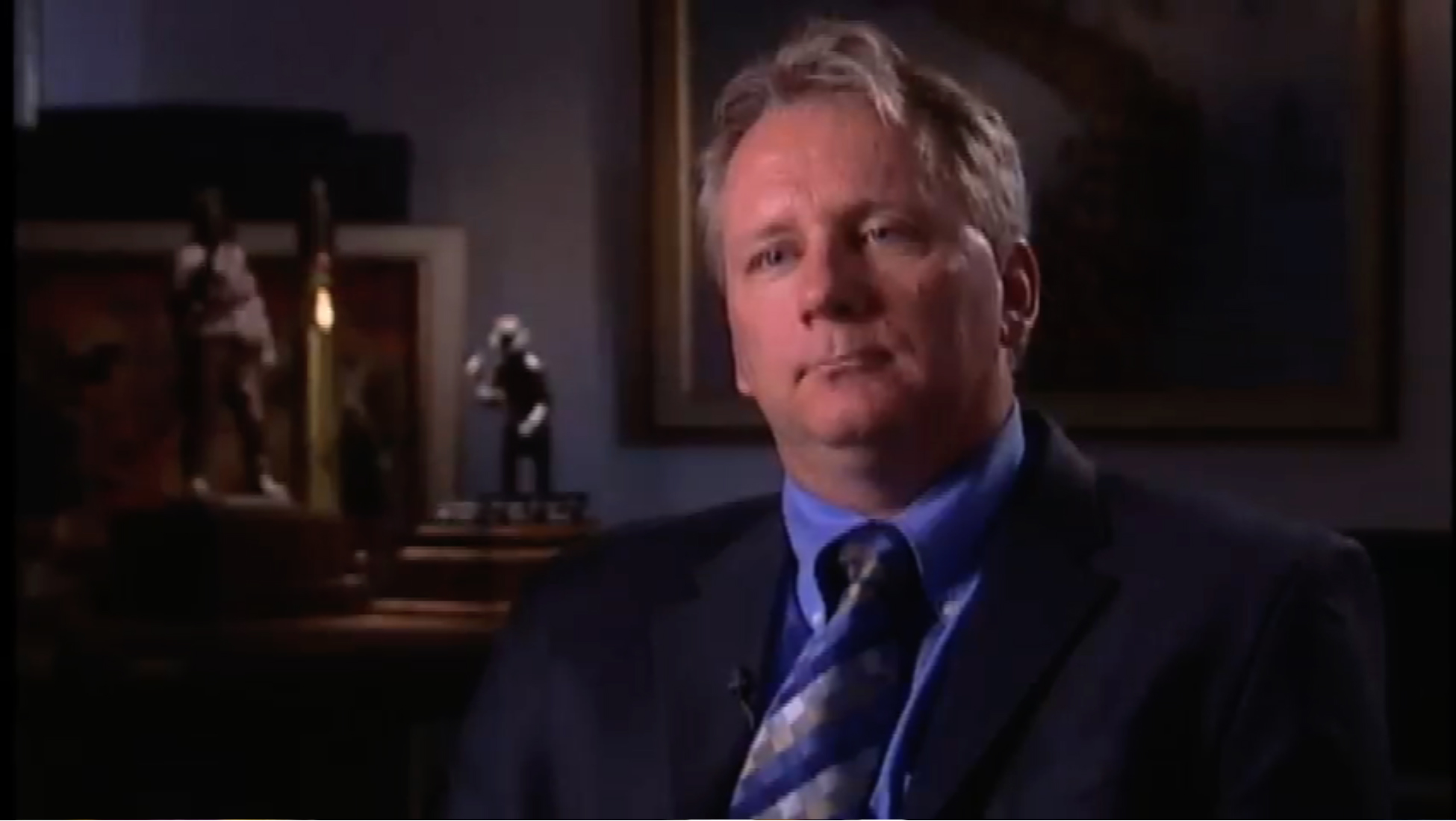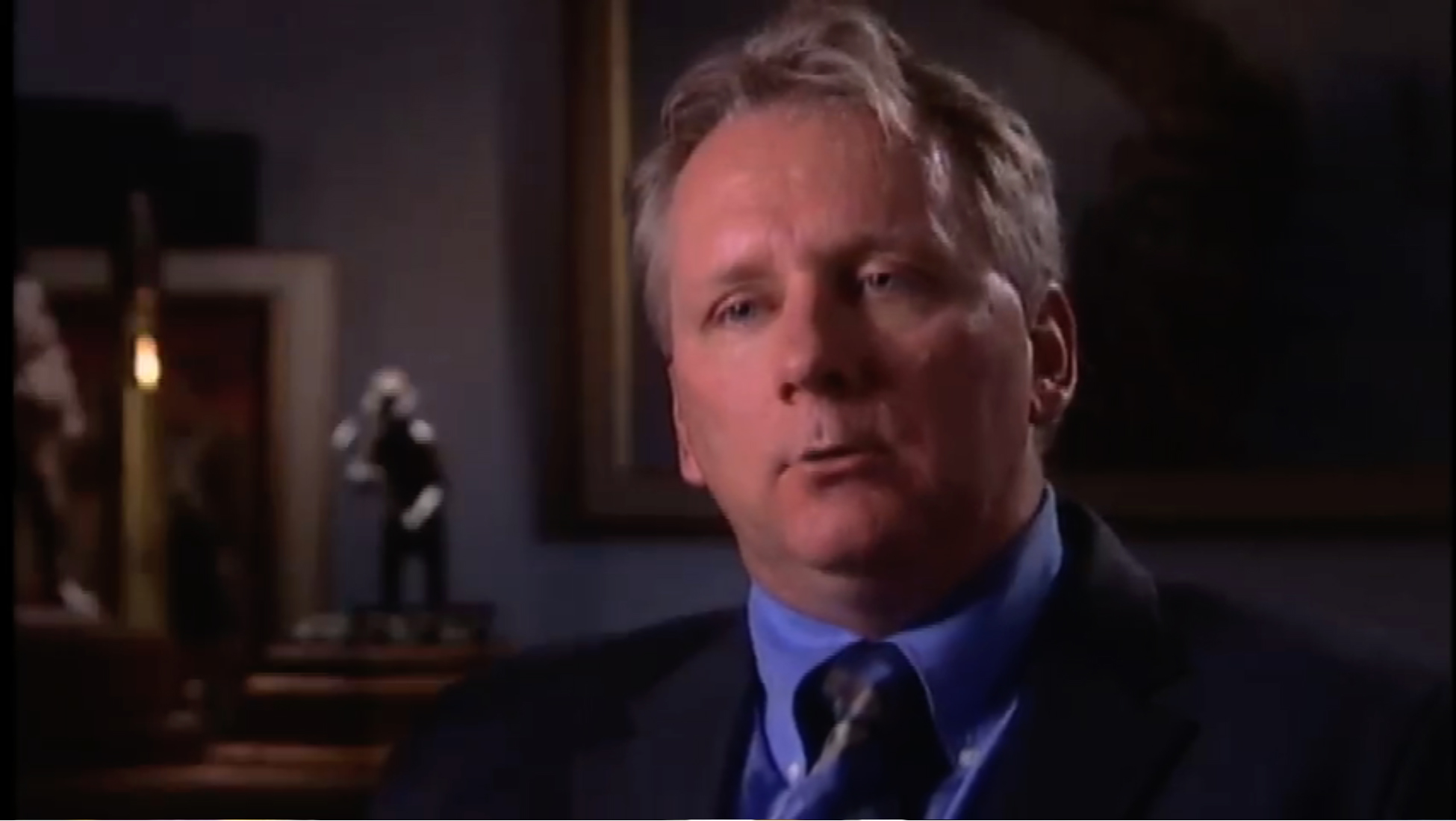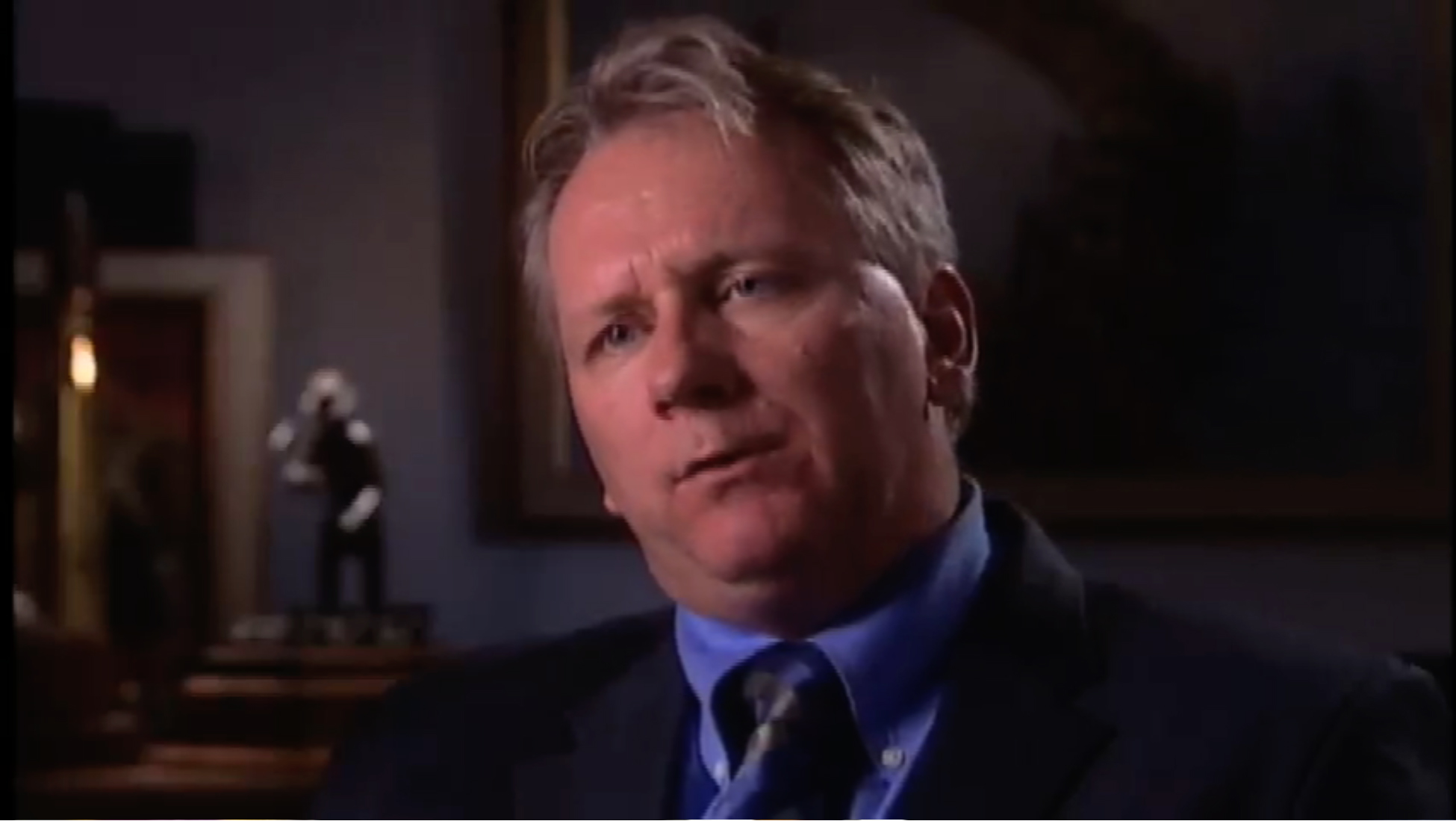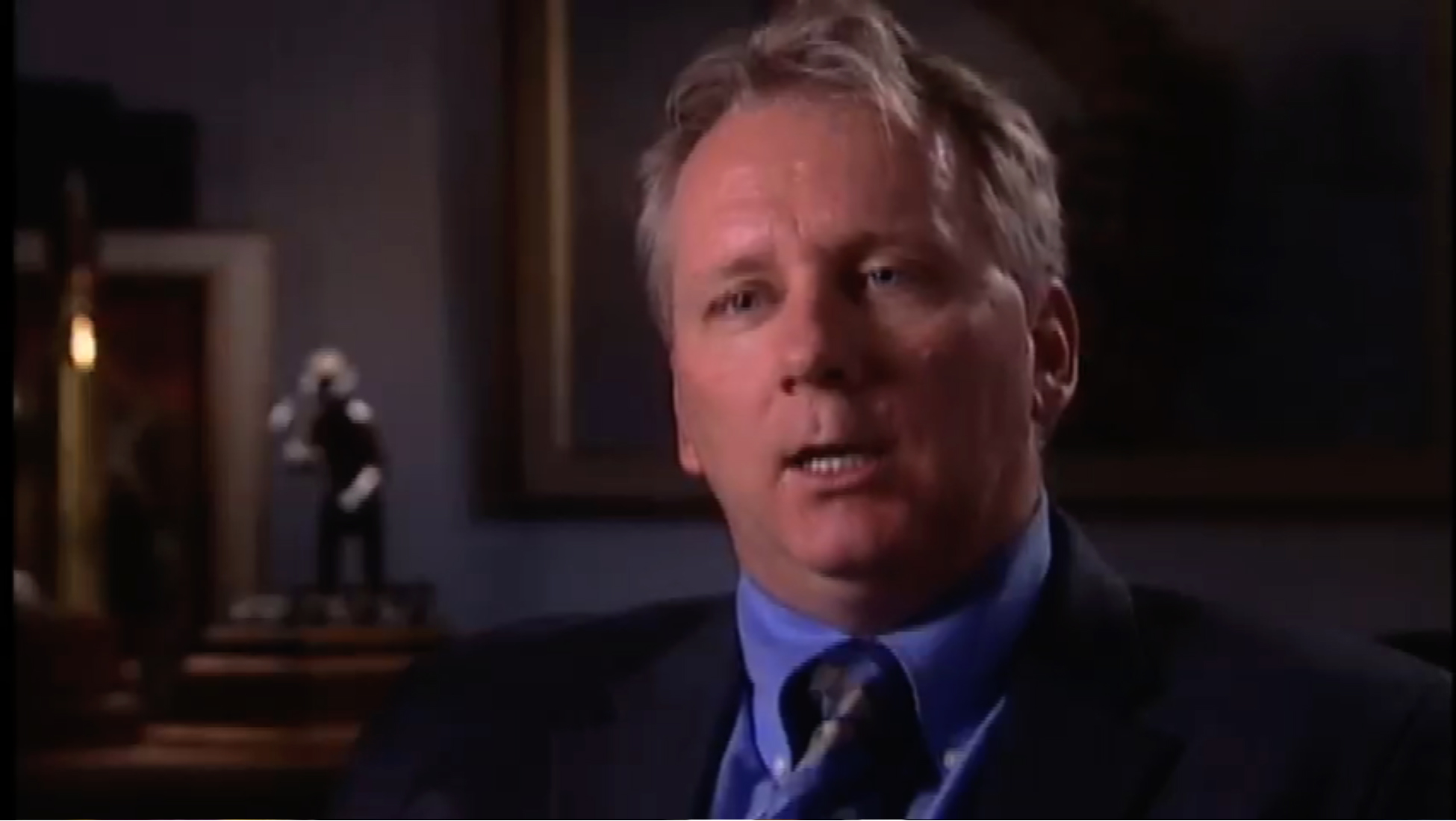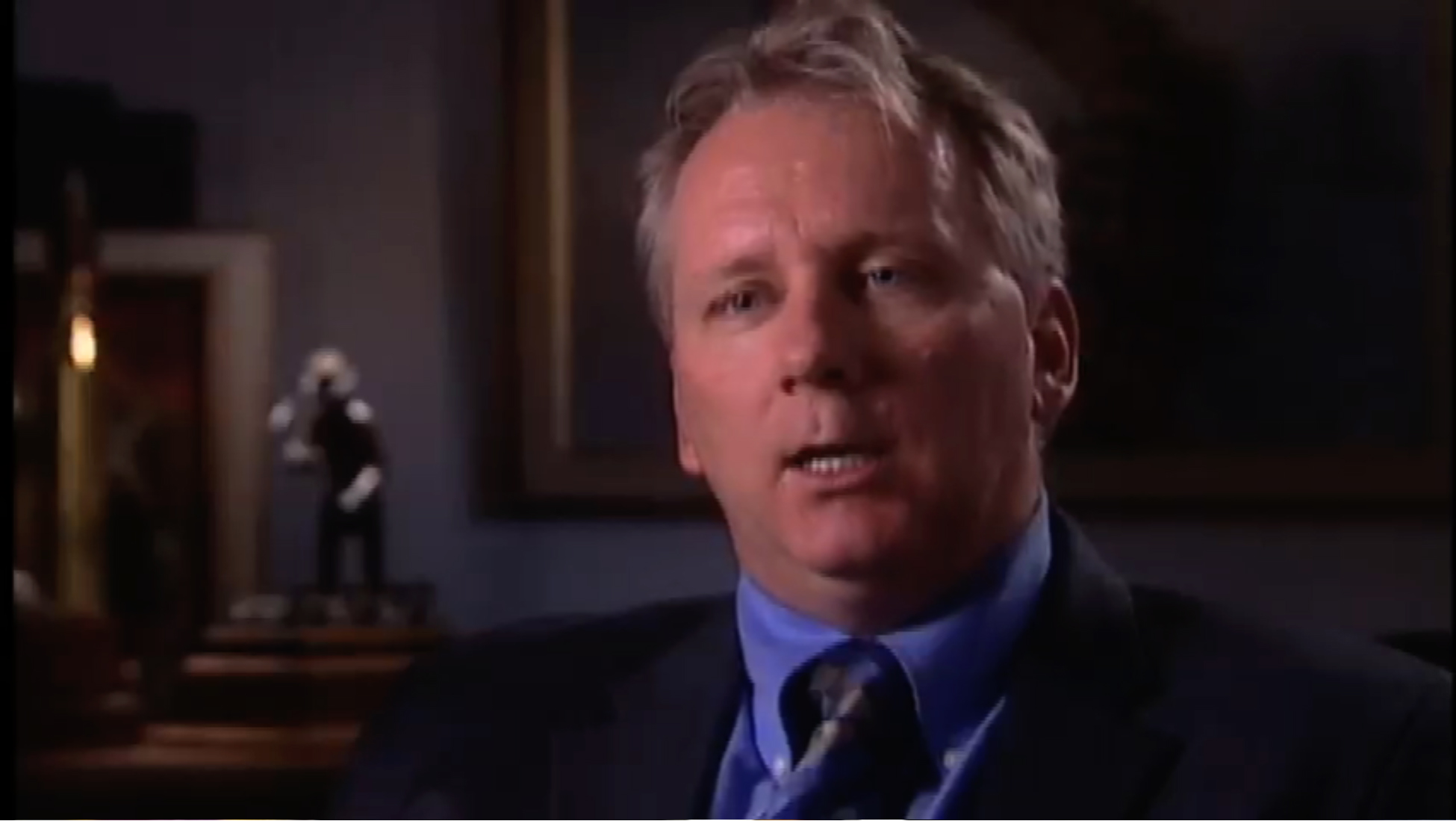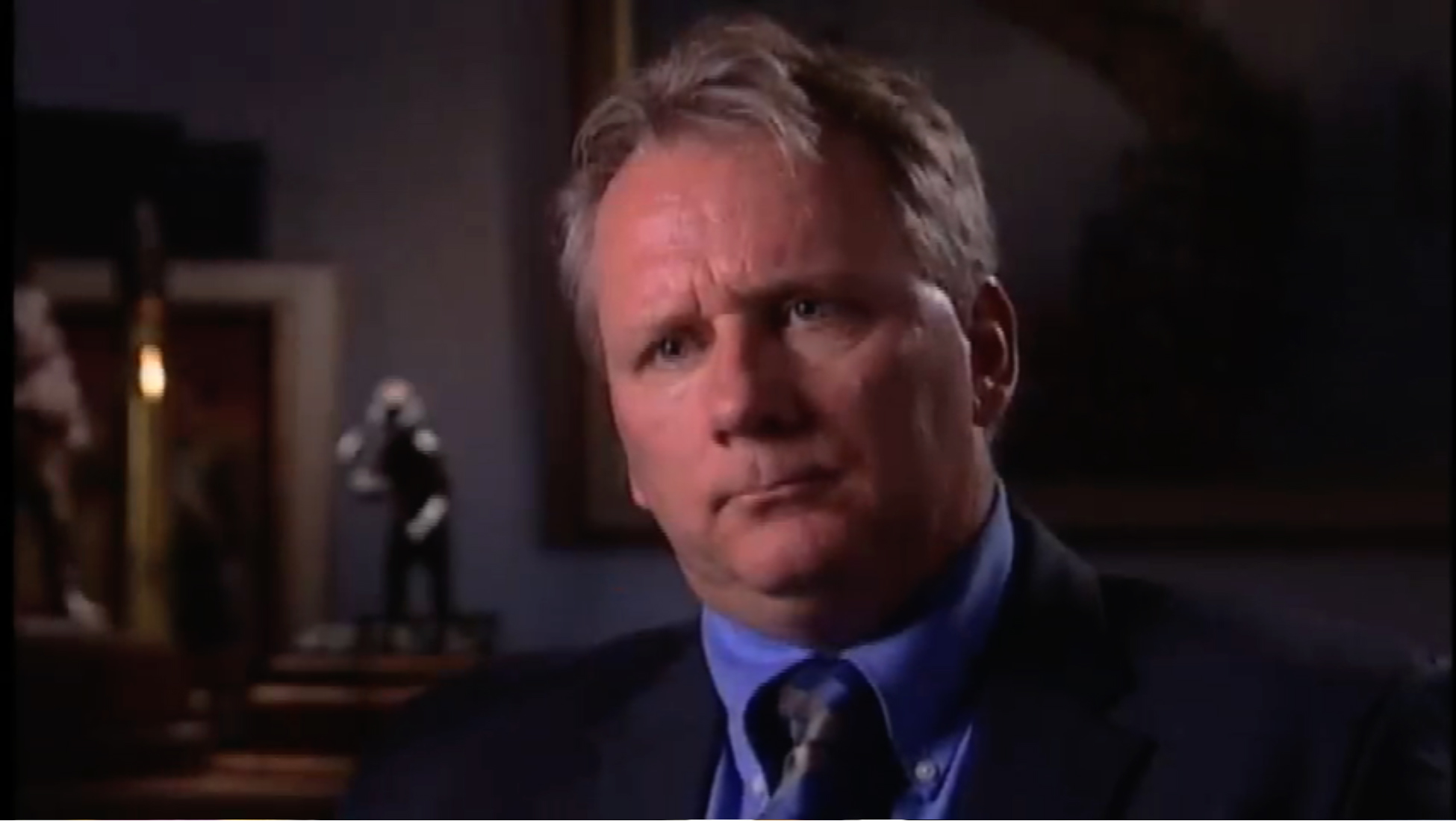Interviewer: Was it hard for you to adjust to
civilian life when you returned from
your tour of duty?
Well, no, I didn't adjust to the civilian life
when I came back from my tour of duty.
I, I, I adjust back to my family life
'cause I was still serving for another
ten years after that. It was very hard.
It was very difficult.
It transforms you in ways that I could not
understand and even to this day that
I still have to, I have to manage and
Romeo Dallaire thanks to him has brought
a lot of that forward, which is excellent,
but it was very difficult. In all honesty,
I can probably say it took me ten years to,
to finally get things under control,
and I have to say, in many circumstances
or instances without the help of,
of the military because they still had some
difficulties understanding what was
going on, so, it was difficult,
and have to make it short, yes it was.
Interviewer: And for your family, who you left
behind to go and serve, and then return and
sometimes we hear them say,
"It's not the same man."
That is exactly what happened to me and, and,
and my wife really had to, to go through this
very difficult situation and, and without her,
it would have been very, very difficult
for me to even come through this, so, yes,
that's very, very true.
We are not the same person, and I must say,
that although the experience in
Rwanda was very difficult, I came out of there
a better man than, than when I went in, with
a different view on a lot of things that,
to me, are, are now more important and
so it had a benefit, but it was a painful one.
Interviewer: But you had the support when
you returned home.
I had the, my wife's support and
my family's support and
my father-in-law and my in-laws' support.
There's no doubt I had their support,
but they didn't know how to navigate in there,
too, and, really, nobody could tell them.
I think, and finally when I say ten years and
you know, at Christmas 2004, we all got
together, we get together every year,
my family's fairly gets to be fairly large,
about forty of us, by the time all the
nephews and nieces are there,
and I finally, my, my family, my sister finally
looked at me and as they said, you know,
this is the first time in ten years
we've seen you happy and, so,
that's a long time, and, and that's a
long time for them too, to, to put up with me
and my mood and, you know, sort of my
unhappiness that is kind of just showing,
even if you're trying not to.
So, difficult moments for everyone and
let's not undermine their effort to
trying to cope with this. It's, it is not easy.



